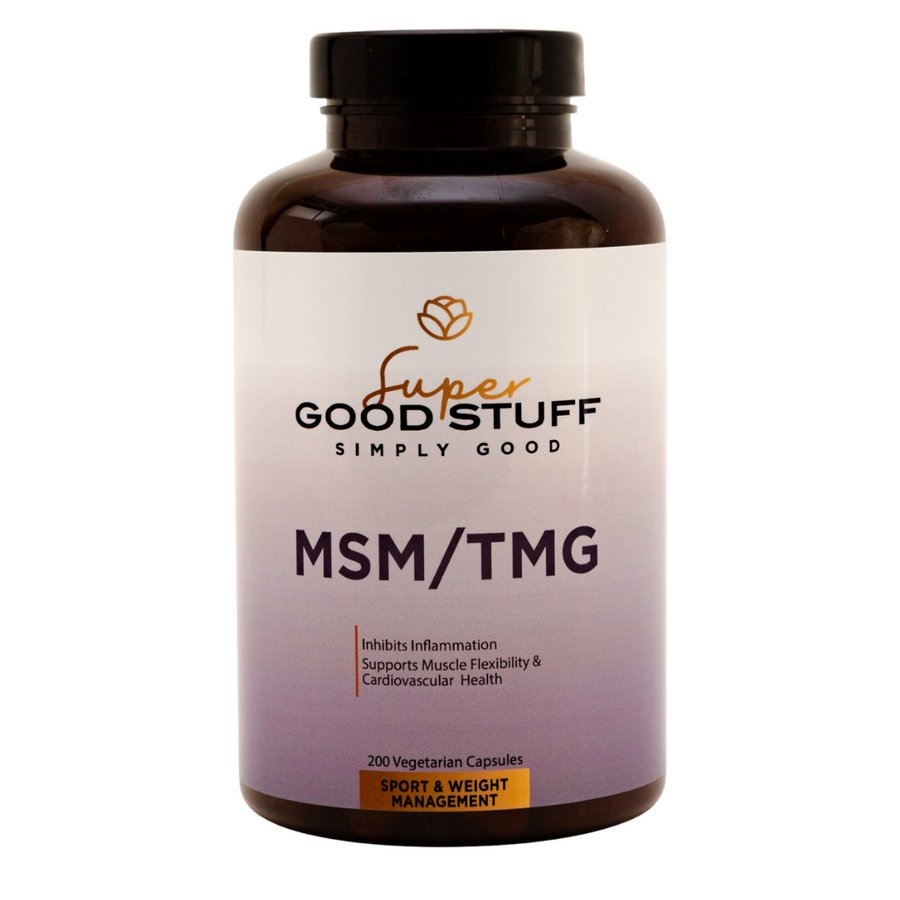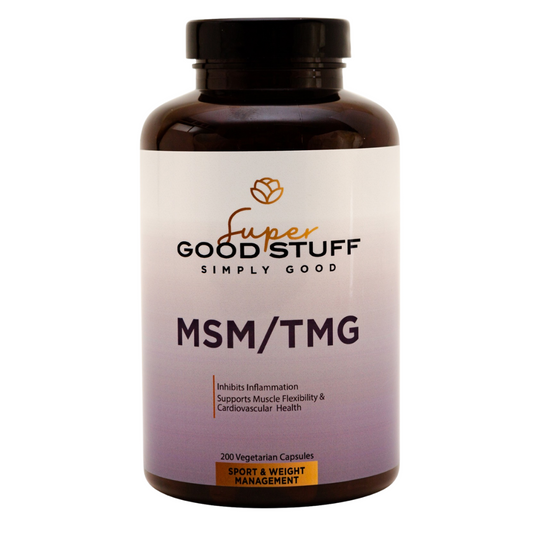Prenatal health: Pregnancy related concerns and prenatal care

What is prenatal care?
It is health care for pregnant women that ensures the health of both mother and baby. Prenatal care involves regular check-ups with health care professionals as well as a careful nutrition and diet plan. Women without prenatal care are 3-5 times more likely to experience complications with their babies. That’s why it is vital to implement a health care plan. If you are pregnant, make sure to visit your doctor for a full prenatal health care plan.
But how can you best take care during pregnancy? While your doctor will discuss any major health problems with you, there are several pregnancy-related concerns you can take steps to prevent, even if you’re not yet pregnant.
Common prenatal health problems:
- Anemia – this is caused by an iron-deficiency, or low red blood cell count, and can cause you to feel tired, weak, and short of breath.
- Gestational diabetes – this occurs when you experience high blood sugar levels during pregnancy. Symptoms include frequent urination, fatigue, nausea, and blurred vision. Recent studies have shown a sizable increase of this health issue with pregnant women in the United States.
- High blood pressure – pregnancy hormones can cause an increase in blood pressure that results in rapid weight gain, headaches, and dizziness. Note: this could lead to preeclampsia, a dangerous condition that requires immediate medical attention.
- Depression – or antenatal depression occurs during some pregnancies due to changes in hormone levels. Symptoms include persistent sadness, anxiety, difficulty with concentration, and changes in sleeping patterns.
- Birth defects – these are abnormalities present at birth that could impair your baby’s functionality. These are largely caused by environmental or genetic factors.
That’s a scary list, but the good news is that you can work to prevent some of the above pregnancy related concerns before you even become pregnant. Some people ask what the best prenatal vitamins before pregnancy are. While we don’t recommend you take a prenatal vitamin before pregnancy (as too many unnecessary vitamins and minerals can cause problems), there are a few specific supplements you should start taking if you plan to become pregnant.

Folic Acid – taking about 400 micrograms a day of folic acid before pregnancy will ensure you have the necessary levels to prevent birth defects associated with neural tubes. Once pregnant, your prenatal vitamins will contain an appropriate amount.
DHA – or docosahexaenoic acid – this is an omega-3 fatty acid that will assist with the development of your baby’s brain. Note: not all prenatal vitamins contain this, so check the label.
Vitamin D – not only are low vitamin D levels associated with depression, but they are also associated with conception difficulties. Check with your doctor and get your levels tested.
Iron – this will boost your red-blood cell levels and help prevent problems associated with anemia.
Of course, it is also important to maintain a healthy pregnancy diet, so be sure to eat well-rounded, nutritious meals and get regular exercise to help prevent common pregnancy problems.







